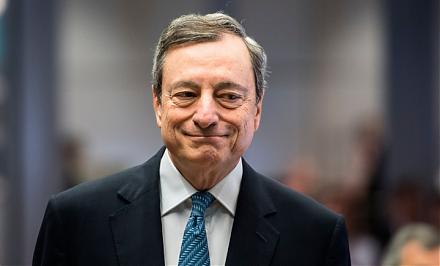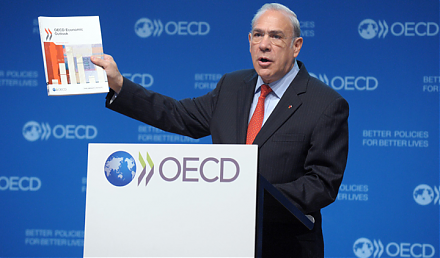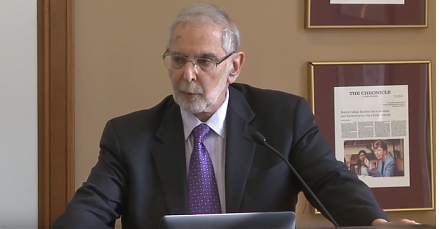

2018-01-19 11:32:00 Fri ET
stock market competition macrofinance stock return s&p 500 financial crisis financial deregulation bank oligarchy systemic risk asset market stabilization asset price fluctuations regulation capital financial stability dodd-frank
Most major economies grow with great synchronicity several years after the global financial crisis. These economies experience high stock market valuation, healthy fundamental recalibration, job creation, high productivity, and artificial-intelligence automation. For instance, the U.S. economy operates near full employment with 1.5%-2% moderate inflation, $2.5 trillion mandatory government expenditures, and $1.5 trillion tax cuts. Also, Europe now feels the benign effects of easy money that arises from the European Central Bank's (ECB) quantitative-easing and negative-interest-rate monetary policies. Asian economies such as Hong Kong, Singapore, South Korea, and Taiwan experience economic revival due to the global upstream prosperity of Apple-and-Samsung-driven mobile device production.
Key recent oil price increases boost economic gains for Russia, Saudi Arabia, and other middle-east producers. Meanwhile, Brazil still suffers the ripple effects of a veritable depression and now flashes tentative signs of macroeconomic recovery with high population dividends.
However, several other economies exhibit weak macro momentum with chaotic bouts of economic policy uncertainty. England now has to confront high unstable exchange rates, wide stock market gyrations, and trade barriers in the post-Brexit investment horizon. China may land hard with sub-6% real GDP economic growth due to the potential Sino-American trade war. Mexico may fail to transcend fears and doubts that the Trump team menaces its recent economic convalescence with hefty tariffs and border taxes.
The International Monetary Fund (IMF) predicts 2.7%-3% U.S. real GDP economic growth and 3.7%-3.9% economic growth worldwide. IMF research now warns of economic inequality, cybersecurity, extreme weather, and political confrontations such as U.S.-Korean nuclear threats and fair trade barriers.
If any of our AYA Analytica financial health memos (FHM), blog posts, ebooks, newsletters, and notifications etc, or any other form of online content curation, involves potential copyright concerns, please feel free to contact us at service@ayafintech.network so that we can remove relevant content in response to any such request within a reasonable time frame.
2023-08-07 12:29:00 Monday ET

Oxford macro professor Stephen Nickell and his co-authors delve into the trade-off between inflation and unemployment in the dual mandate of price stability
2019-10-17 08:35:00 Thursday ET

The European Central Bank expects to further reduce negative interest rates with new quantitative government bond purchases. The ECB commits to further cutt
2019-03-27 11:28:00 Wednesday ET

OECD cuts the global economic growth forecast from 3.5% to 3.3% for the current fiscal year 2019-2020. The global economy suffers from economic protraction
2019-06-09 11:29:00 Sunday ET

St Louis Federal Reserve President James Bullard indicates that his ideal baseline scenario remains a mutually beneficial China-U.S. trade deal. Bullard ind
2022-11-15 10:30:00 Tuesday ET

Stock market misvaluation and corporate investment payout The behavioral catering theory suggests that stock market misvaluation can have a first-order
2019-08-28 14:46:00 Wednesday ET

Santa-Barbara political economy professor Benjamin Cohen proposes new fiscal stimulus to complement the current low-interest-rate monetary policy. Cohen fin